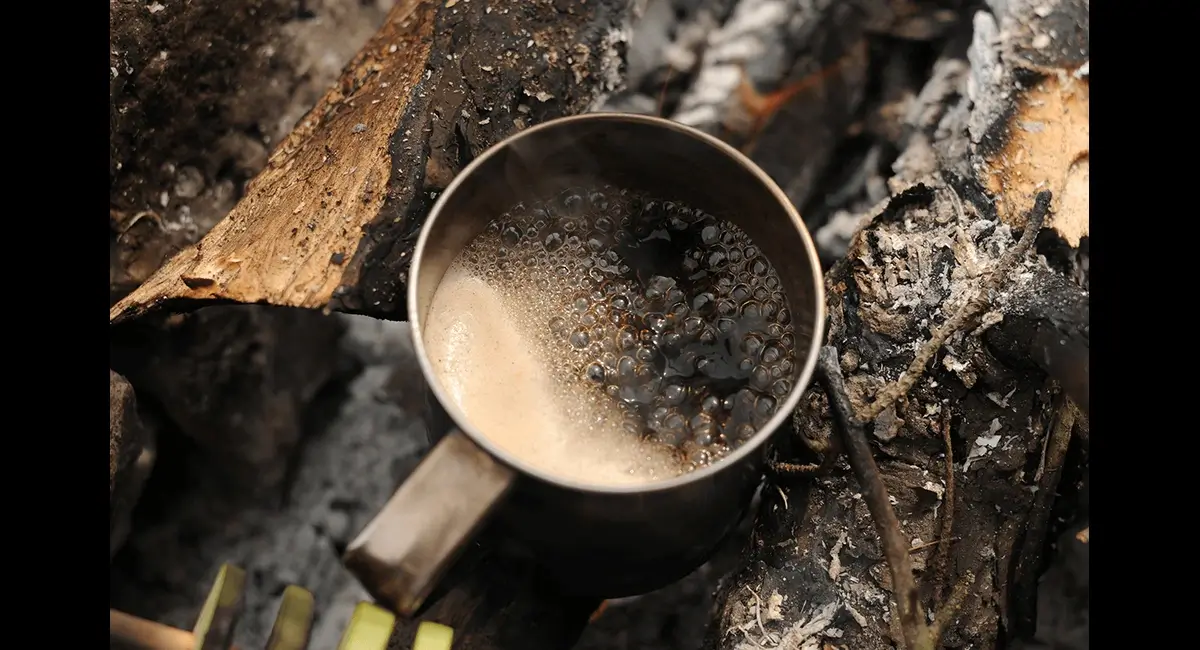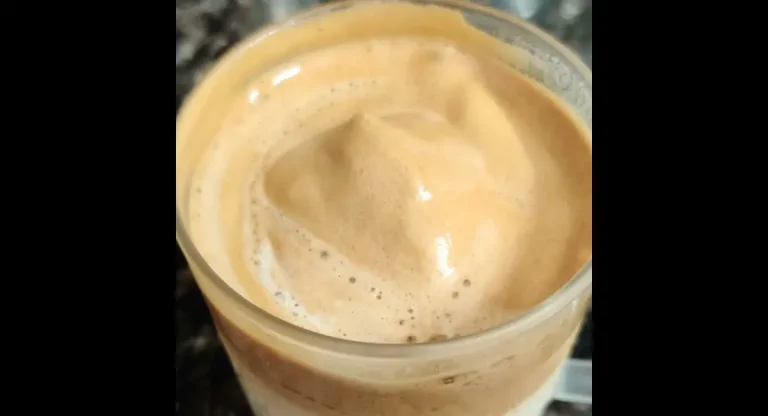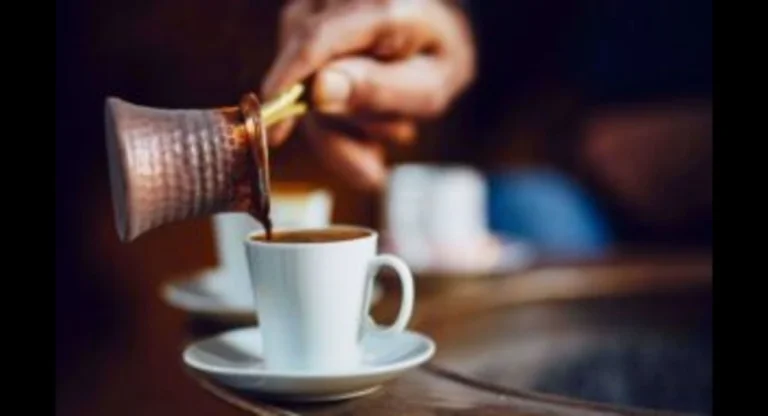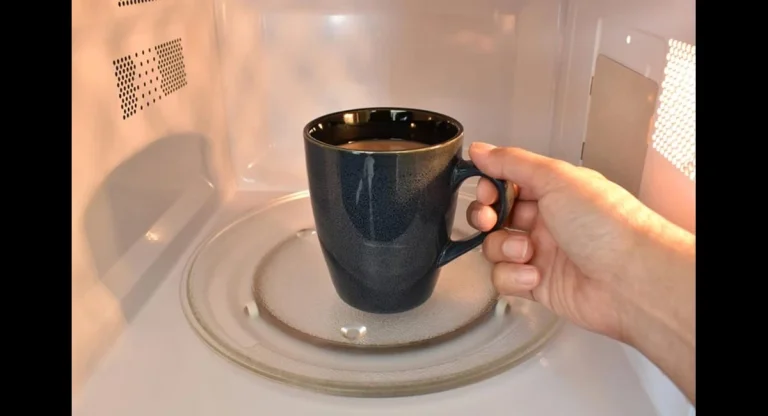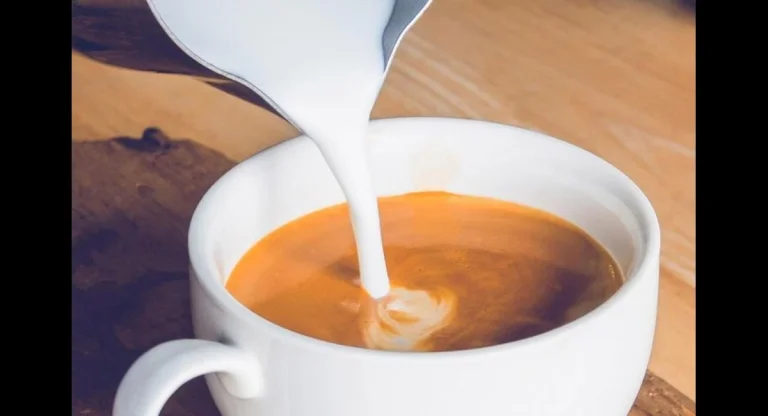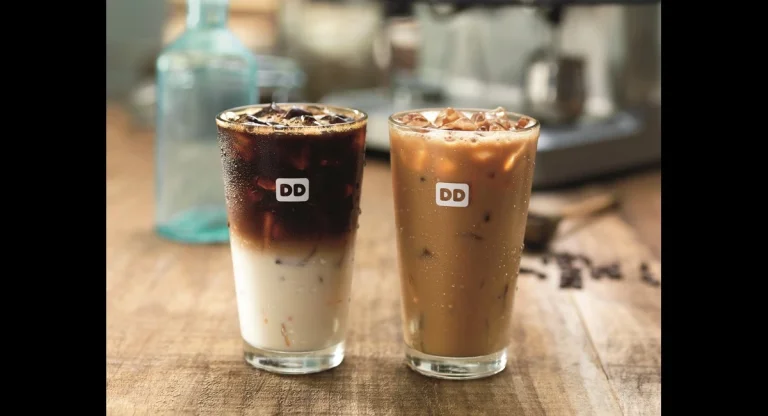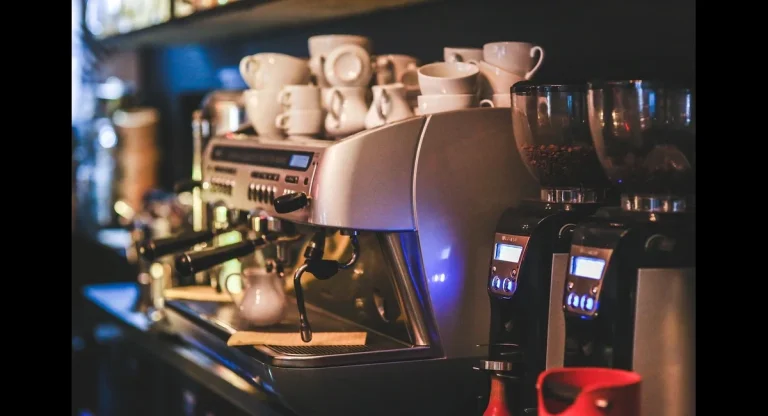Why Does My Coffee Taste Burnt?
Waking up to a fresh cup of coffee can set the tone for a great day, but it’s incredibly disappointing when your coffee has an unpleasant burnt taste. Several factors can contribute to burnt coffee, from the type of beans you use to the brewing method. In this guide, we will explore the top reasons why your coffee might taste burnt and how to fix these issues.
Possible Reasons for Burnt Coffee Taste
There are seven common reasons your coffee might taste burnt. These include over-roasted coffee beans, brewing at too high of a temperature, using too much coffee compared to water, overly fine grinding, using low-quality beans, stale coffee, or even dirty coffee equipment.
Common Causes of Burnt Coffee Taste
| Reason | Description | Solution |
|---|---|---|
| Over-roasted Coffee Beans | Beans that have been roasted too long at high temperatures, leading to an over-bitter taste. | Use a lighter roast or grind coarser. |
| Brewing Coffee in Extreme Hot Water | Brewing with extremely hot water extracts flavors too quickly, resulting in a burnt taste. | Brew coffee at 195-205°F (90-96°C). |
| Adding Too Much Coffee | An excess amount of coffee disrupts the extraction process, resulting in an overly bitter, burnt taste. | Use a proper coffee-to-water ratio, typically 1-2 tbsp per 6 oz of water. |
| Fine Grinding | Too fine of a grind can lead to over-extraction, causing a burnt taste. | Adjust grind size based on brewing method. |
| Low-Quality Coffee | Poor quality or unevenly roasted coffee beans can result in inconsistent flavors, including burnt or bitter notes. | Invest in premium-quality coffee beans. |
| Stale Coffee | Exposure to air, light, and moisture can cause coffee to go stale and taste burnt. | Store coffee in an airtight container, away from light. |
| Dirty Coffee Equipment | Old coffee residues left in machines can contribute to a burnt flavor. | Clean coffee makers and equipment regularly. |
Solutions to Fix Burnt Coffee Taste
Once you identify the cause of your burnt coffee, it’s easy to resolve the issue. Below are detailed solutions to help improve the flavor of your coffee.
1. Fixing Over-Roasted Coffee Beans
Over-roasted coffee can lead to an unpleasant burnt flavor. To mitigate this, try the following solutions:
- Use a Coarser Grind: A coarser grind will reduce over-extraction during brewing.
- Add Fresh Coffee: Mix fresh, lightly roasted coffee beans with the over-roasted beans to balance out the flavor.
- Add Sweeteners: A small amount of sugar or honey can help neutralize the bitterness.
- Try Different Brewing Methods: Opt for a French press or AeroPress for less intense brewing.
Ideal Coffee Grind Size for Brewing Methods
| Brewing Method | Recommended Grind Size | Reason |
|---|---|---|
| French Press | Coarse | Coarse grind helps to avoid over-extraction. |
| Aeropress | Medium-Fine | Allows better control over brewing time and flavor. |
| Chemex | Coarse | Larger grind prevents over-extraction in longer brews. |
| V60 | Medium-Fine | Ensures balanced flavor extraction. |
2. Brewing Coffee at the Right Temperature
One of the main causes of burnt coffee is brewing with water that is too hot. The ideal brewing temperature ranges between 195 and 205 degrees Fahrenheit (90 to 96 degrees Celsius). You can use a kettle with a temperature control feature or simply let the water cool for about 30-45 seconds after boiling before brewing.
3. Using the Correct Coffee-to-Water Ratio
Using too much coffee in your brew can lead to a burnt or overly bitter taste. The general rule for a balanced brew is:
- 1-2 tablespoons of coffee per 6 ounces (177 ml) of water.
This ratio ensures that the coffee isn’t too concentrated, reducing the risk of a burnt flavor.
Coffee-to-Water Ratio for Different Strength Preferences
| Strength | Coffee Amount (per 6 oz water) |
|---|---|
| Light Coffee | 1 tablespoon |
| Regular Coffee | 1.5 tablespoons |
| Strong Coffee | 2 tablespoons |
4. Maintaining Proper Grind Levels
Each brewing method has a specific grind size that optimizes flavor. If your grind is too fine, it can result in over-extraction and a burnt taste.
5. Upgrade to Premium-Quality Coffee Beans
Low-quality beans are often unevenly roasted, which can lead to a burnt taste. Switching to premium coffee beans not only improves the taste but also ensures better consistency in the brewing process.
6. Prevent Coffee from Going Stale
Stale coffee loses its aromatic flavors and can taste burnt. To avoid this:
- Store coffee in an airtight container.
- Keep coffee away from direct light and moisture.
- Avoid refrigerating coffee, as it can absorb odors and moisture from other foods.
Coffee Storage Tips
| Storage Tip | Reason |
|---|---|
| Use an airtight container | Prevents exposure to air, keeping coffee fresh. |
| Store in a cool, dark place | Avoids light degradation and flavor loss. |
| Avoid refrigeration | Prevents coffee from absorbing moisture and odors. |
| Buy coffee in small batches | Ensures you use fresh beans before they go stale. |
7. Clean Your Coffee Equipment
Dirty coffee equipment can leave residues that make your fresh coffee taste burnt. Clean your coffee makers, grinders, and filters after each use to ensure no old coffee oils or grounds affect the flavor of your new brew.
Quick Fixes for Burnt Coffee
| Problem | Quick Fix |
|---|---|
| Over-roasted beans | Mix with fresh beans or adjust grind size. |
| Water too hot | Use a temperature-controlled kettle or let water cool. |
| Too much coffee | Adjust coffee-to-water ratio. |
| Dirty equipment | Clean coffee maker after each use. |
FAQs
1. Why Does Instant Coffee Taste Burnt?
Instant coffee often tastes burnt because it’s produced using high heat, which strips away the natural aroma and flavor of the coffee beans.
2. Which Coffee Is the Most Bitter?
Robusta coffee beans are typically more bitter than Arabica beans due to their higher caffeine content.
3. Does Hard Water Affect Coffee’s Taste?
Yes, hard water with high mineral content can alter the extraction process, leading to a burnt taste.
4. Is Burnt Coffee Dangerous to Drink?
While not inherently dangerous, burnt coffee contains acrylamide, a chemical that can have long-term effects on the nervous system if consumed in large quantities over time.
5. Can Brewing Coffee Too Quickly Cause a Burnt Taste?
Yes, brewing coffee too quickly, especially at high temperatures, can result in a burnt flavor because the extraction process happens too fast.
Final Thoughts
Burnt coffee can be frustrating, but the issue is fixable. By adjusting your brewing methods, coffee-to-water ratio, and grind size, and by investing in premium beans, you can enjoy a better cup of coffee. Cleaning your equipment and ensuring your coffee is fresh will also significantly improve the flavor of your brew.
By following these steps, you’ll be able to make coffee that’s smooth and flavorful, without any hint of that dreaded burnt taste.

